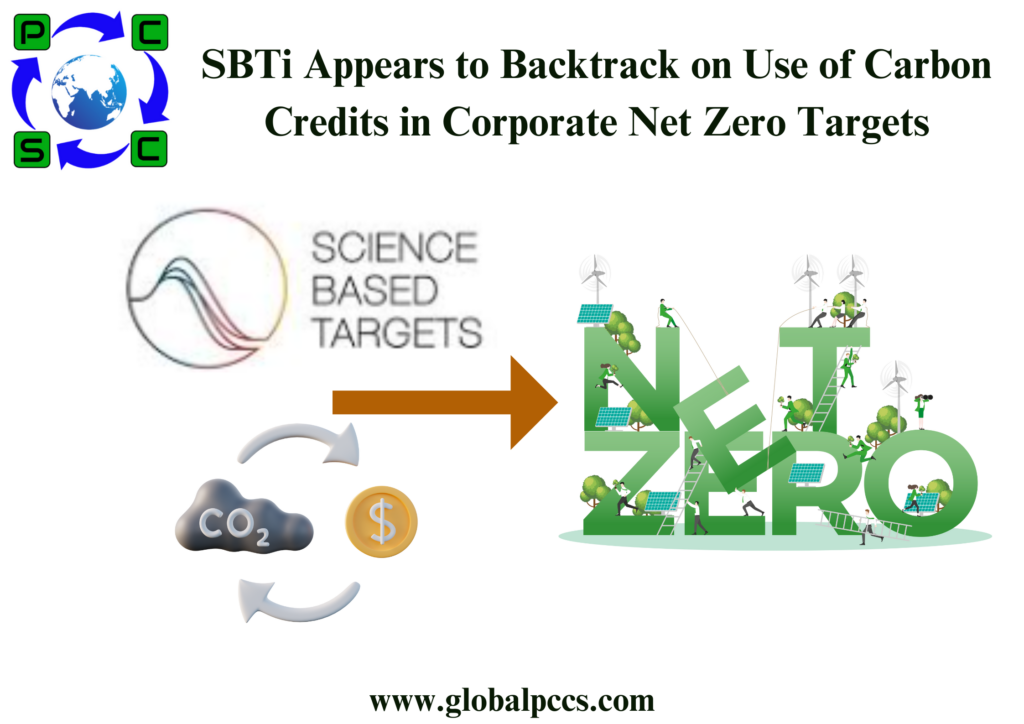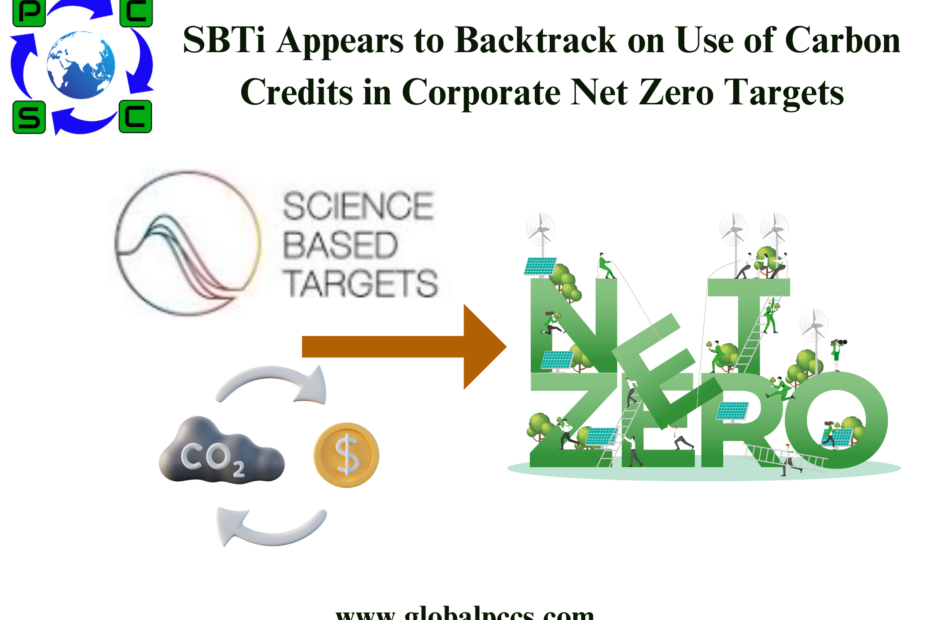 The Science Based Targets initiative (SBTi), one of the key organizations focused on aligning corporate environmental sustainability action with the global goals of limiting climate change, announced the release of a series of research publications aimed at informing its new standard for corporate climate target-setting, with findings indicating that the new standard is unlikely to allow companies to use carbon credits to offset value chain emissions.
The Science Based Targets initiative (SBTi), one of the key organizations focused on aligning corporate environmental sustainability action with the global goals of limiting climate change, announced the release of a series of research publications aimed at informing its new standard for corporate climate target-setting, with findings indicating that the new standard is unlikely to allow companies to use carbon credits to offset value chain emissions.
The apparent stance, based on cited findings describing carbon credits as “ineffective,” appears to be a step away from allowing an increased role for the use of carbon credits indicated earlier this year by the SBTi board, a move that generated significant controversy both within and outside the organization.
The SBTi was founded in 2015 with the goal to establish science-based environmental target setting as a standard corporate practice. The organizations’ key functions include defining and promoting best practice in emissions reductions and net-zero targets in line with climate science, providing technical assistance to companies who set science-based targets, and providing companies with independent assessment and validation of their emissions reduction targets.
The organization launched its flagship Corporate Net-Zero Standard in 2021, used to assess and certify companies’ decarbonization commitments to achieve net zero emissions and to act as a blueprint for companies’ science-based climate target setting. According to the criteria of the initial standard, science-based net zero would require decarbonization of 90-95% by 2050, with neutralization of residual emissions that are not yet possible to cut.
Earlier this year, the SBTi announced plans to revise the Corporate Net Zero Standard, including additional guidance on tackling Scope 3 emissions. While Scope 3 emissions, which occur in value chain areas outside of companies’ direct control, such as supply chain or use of products, are typically the most difficult to measure and manage, they also make up the vast majority of most companies’ emissions impact, often accounting for more than 90% of emissions overall.
The SBTi board revealed plans in April 2024 to expand the use of environmental attribute certificates (EACs) to address Scope 3 value chain emissions in the new standard in response to a call for evidence issued by the SBTi on the usage of EACs, such as carbon credits.
According to studies cited by SBTi in a synthesis report included with the new research papers, “various types of carbon credits are ineffective in delivering their intended mitigation outcomes.” The SBTi addressed the idea that financing for climate mitigation could be increased through the use of carbon credits. It emphasised research indicating that there are “explainable hazards to corporate use of carbon credits for offsetting,” and that doing so may have “the potential unintended effect of hindering the net-zero transformation and/or reducing climate finance.”
Notwithstanding these limitations, the synthesis report pointed out that further research is required to arrive at more definitive conclusions. These limitations include “the heterogeneity of different types of carbon credits and methodologies for quantifying mitigation outcomes associated with these credits.”
The SBTi stressed that although the paper examines the use of EACs in science-based target setting, the carbon credit scenarios used in the paper “do not include offsetting emissions” in a discussion paper outlining the SBTi’s preliminary thoughts on possible changes being explored around scope 3 target setting.








 Authorised IMDS & CDX Training & Consulting partner for
Authorised IMDS & CDX Training & Consulting partner for





